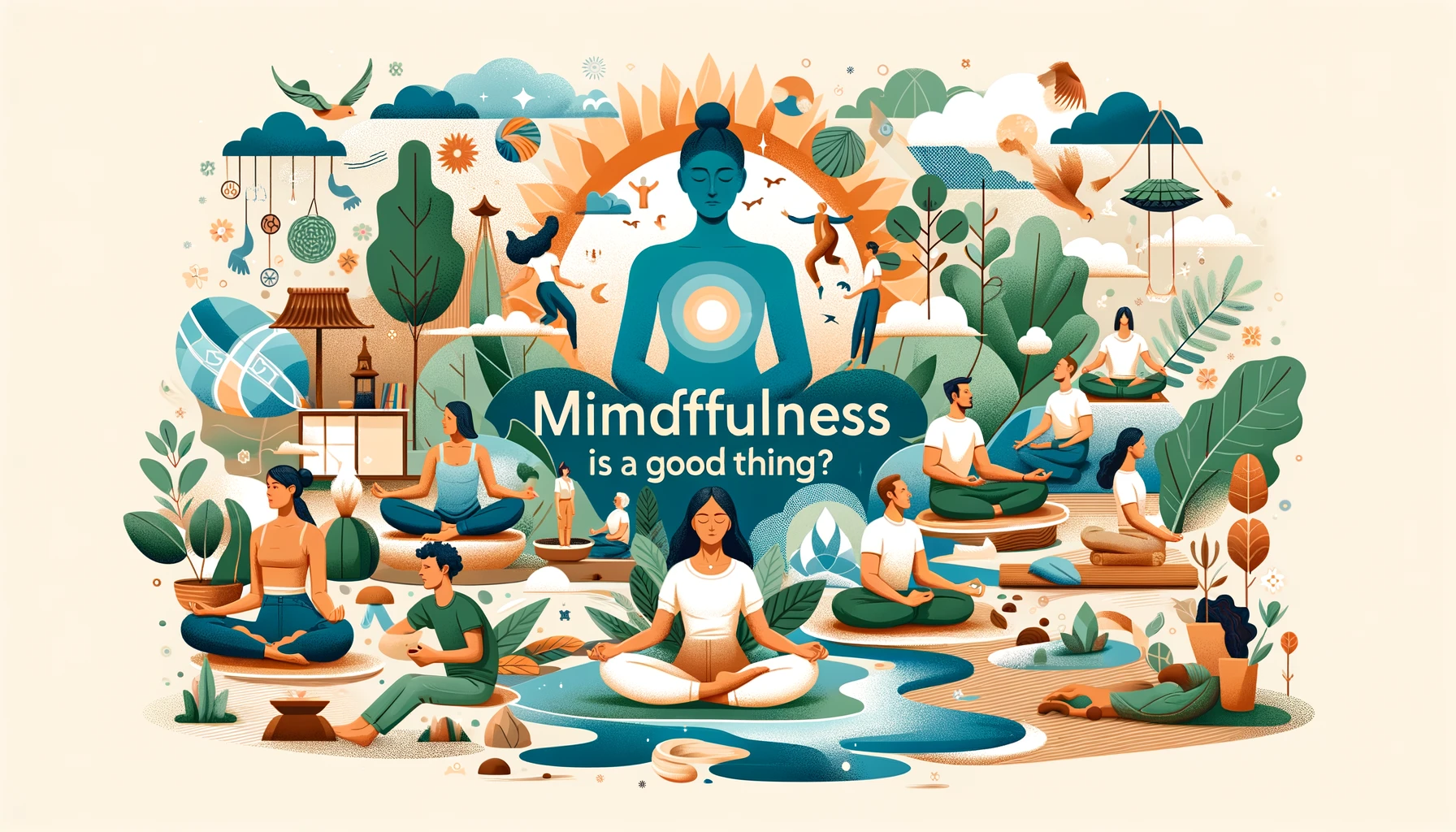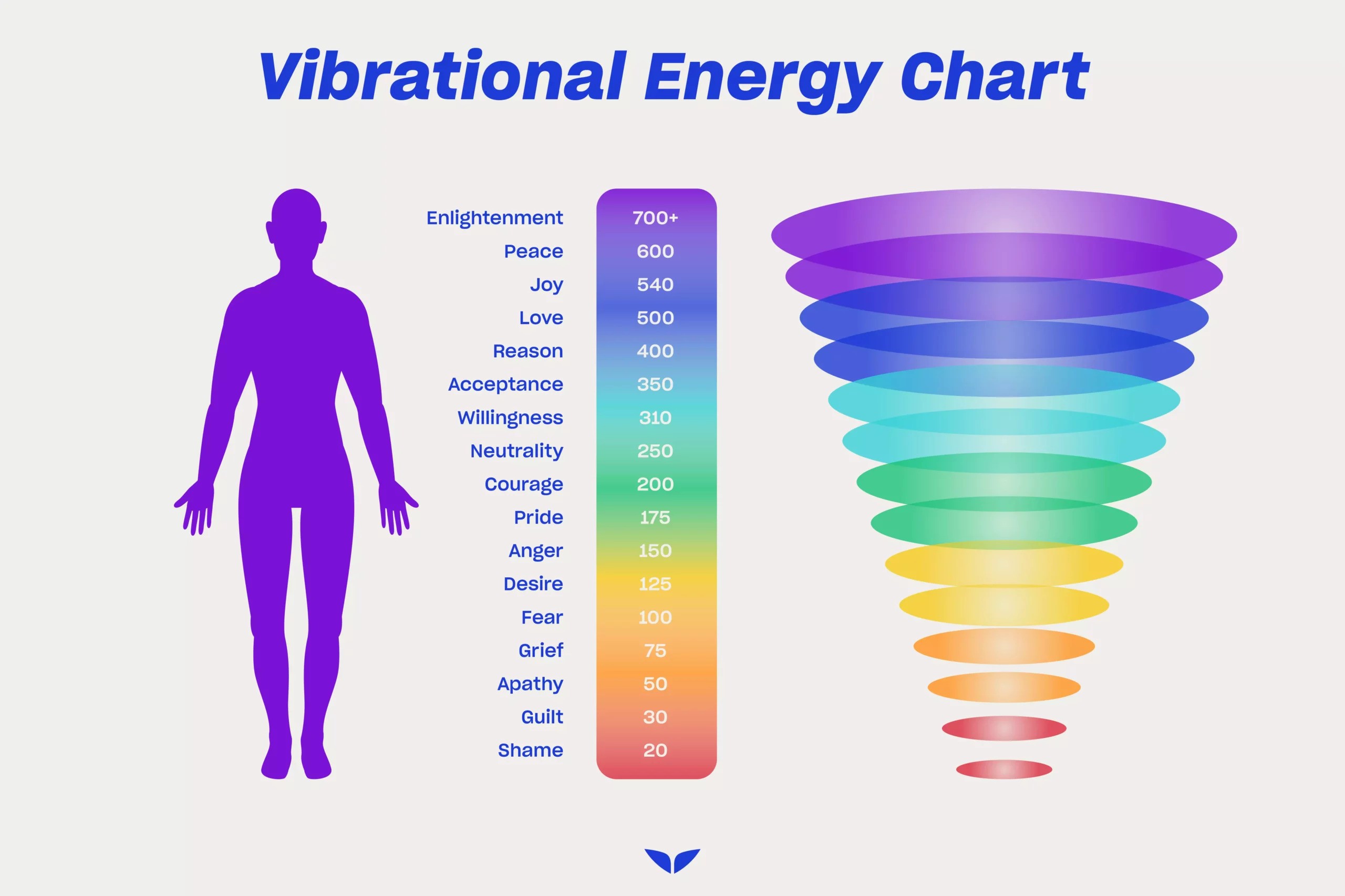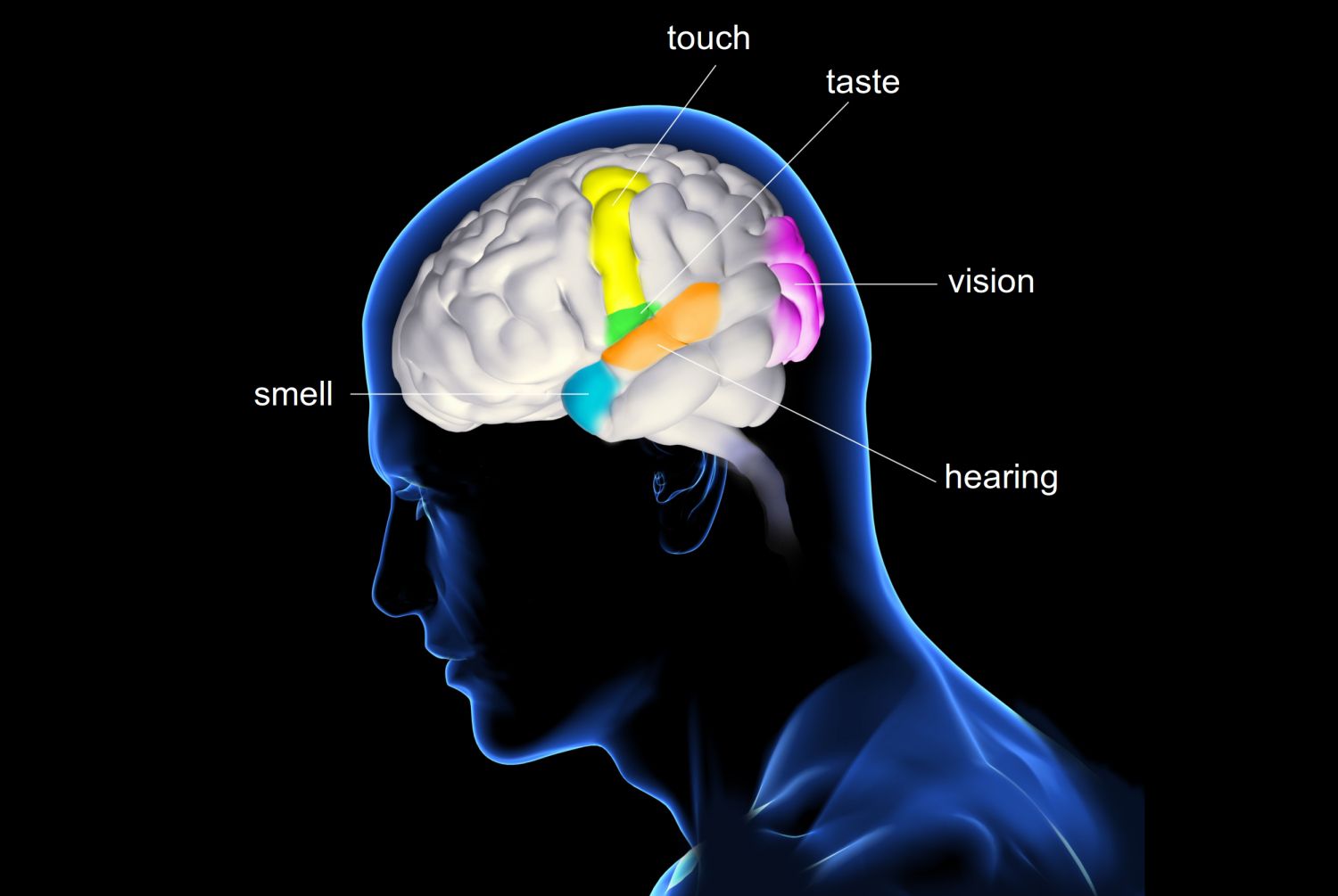Is Mindfulness a Good Thing? Unveiling the Truth Behind the Practice
Amidst the hustle and bustle of modern life, the quest for serenity often leads us down various paths, and one such avenue is the practice of mindfulness. But is mindfulness a good thing, really? The concept has swept through the wellness world like a breath of fresh air, promising a myriad of benefits. Yet, as with any trend that gains traction, it's only natural to question its efficacy. Mindfulness, the art of being fully present in the moment, has been lauded for its ability to reduce stress, enhance focus, and even improve relationships. But is it the panacea it's made out to be, or just another passing fad? This deep dive into the world of mindfulness will not only pique your curiosity but also provide a comprehensive understanding of its true impact on our lives.
Introduction
When we delve into the question, "Is mindfulness a good thing?", it's essential to start at the very beginning. What exactly is mindfulness? In simple terms, it's the practice of maintaining a nonjudgmental state of heightened or complete awareness of one's thoughts, emotions, or experiences on a moment-to-moment basis. It's about living in the now, fully engaging with the present moment.
But why has mindfulness risen to prominence? Our fast-paced lives often result in a disconnection from the present, leading to stress and anxiety. Mindfulness offers a way to reconnect and find balance. It's like hitting the pause button on life's remote control, allowing us to savor the here and now. Let's take a closer look:
- Historical Roots: Mindfulness has its roots in ancient practices, particularly within Buddhism, but has been adapted for secular use.
- Modern Adaptation: Today, mindfulness has permeated Western culture, often recommended by health professionals and self-help gurus alike.
- Accessible to All: One of the beauties of mindfulness is its accessibility. It doesn't require special equipment or a particular setting; it's a universal tool.
As we embark on this exploration of mindfulness, we'll discover not just the scientific backing but also the real-life applications that answer the burning question: Is mindfulness a good thing?
The Science of Mindfulness
Turning our attention to the scientific community, we find a growing body of research supporting the benefits of mindfulness. But what does the evidence say, and how does it help to answer the question, "Is mindfulness a good thing?"
Studies have shown that mindfulness can lead to structural changes in the brain, particularly in areas associated with attention, emotion regulation, and self-awareness. These changes can have profound effects on our overall well-being. Here's a snapshot:
- Neuroplasticity: Mindfulness can alter brain structures through neuroplasticity, improving cognitive functions and emotional regulation.
- Stress Reduction: Research indicates a decrease in cortisol levels, suggesting that mindfulness can effectively reduce stress.
- Improved Focus: Mindfulness practitioners often report enhanced concentration and the ability to stay on task without getting easily distracted.
Moreover, scientists are also investigating the potential for mindfulness to aid in the treatment of various health conditions, including chronic pain, heart disease, and depression. It's not just a feel-good practice; it's backed by hard science.
So, when we consider the scientific evidence, it's becoming increasingly clear that mindfulness might just be more than a good thing—it could be a game-changer for mental and physical health.
Benefits of Mindfulness in Daily Life
Now, let's bring the concept of mindfulness down to earth and explore how it can enhance our daily lives. Is mindfulness a good thing when it comes to the nitty-gritty of our everyday existence? Absolutely!
Mindfulness has the potential to transform mundane tasks into moments of clarity and enjoyment. It's about finding joy in the simplicity of life—a cup of coffee savored, a conversation fully engaged with, or a sunset deeply appreciated. Here's what you stand to gain:
- Enhanced Relationships: By being fully present, we can listen more deeply and connect more authentically with others.
- Better Decision Making: Mindfulness can lead to clearer thinking, helping us to make choices that are aligned with our values and goals.
- Increased Resilience: Regular mindfulness practice can help us bounce back from life's setbacks with greater ease.
Incorporating mindfulness into our daily routine can be as simple as taking a few deep breaths before starting the car or pausing to truly taste our food. By doing so, we're not just going through the motions—we're living life more fully.
So, when we look at the practical applications, it's evident that mindfulness isn't just a good thing; it's a profoundly transformative one.
Mindfulness and Mental Health
One of the most significant areas where mindfulness has shown promise is in the realm of mental health. But just how effective is it? Is mindfulness a good thing for those grappling with psychological challenges?
Time and again, mindfulness has been shown to be a powerful ally in managing mental health conditions. From depression to anxiety, and even post-traumatic stress disorder (PTSD), mindfulness techniques have provided a beacon of hope for many. Here's the lowdown:
- Depression: Mindfulness-based cognitive therapy (MBCT) has emerged as a potent intervention for preventing relapse in individuals with recurrent depression.
- Anxiety: Practices like mindful breathing can help soothe the nervous system, offering relief to those with anxiety disorders.
- PTSD: Mindfulness can help individuals with PTSD by reducing avoidance and increasing emotional regulation.
While mindfulness is not a cure-all, it's an invaluable tool in the mental health toolkit. It empowers individuals to observe their thoughts and feelings without judgment, leading to greater self-awareness and emotional balance.
So, when it comes to mental health, mindfulness is not just a good thing—it's a lifeline for many seeking peace and stability.
Challenges and Misconceptions
Despite its many benefits, mindfulness isn't without its challenges and misconceptions. Some might ask, "Is mindfulness a good thing, even with these obstacles?" The answer is a resounding yes, but with a note of caution.
One of the main challenges is the misconception that mindfulness is a quick fix or that it's about emptying the mind of thoughts. Neither is true. Mindfulness is a practice that requires patience and commitment, and it's about observing thoughts, not eliminating them. Here are a few common hurdles:
- Time Constraints: Many people believe they don't have time to practice mindfulness, but even a few minutes a day can make a difference.
- Expectation of Immediate Results: Like any skill, mindfulness takes time to develop, and its benefits are often cumulative.
- Overemphasis on Formal Practice: While sitting meditation is valuable, mindfulness can be practiced in many ways throughout the day.
It's essential to approach mindfulness with a realistic understanding of what it can and cannot do. When embraced with an open mind and a willingness to learn, the challenges are far outweighed by the benefits.
Therefore, even with the potential pitfalls, mindfulness remains a good thing—a practice that can enrich our lives in myriad ways.
Mindfulness in Practice: Techniques and Tips
So, you're convinced that mindfulness is a good thing, and you're ready to give it a shot. Where do you start? Mindfulness might seem elusive, but it's more accessible than you think. Here's how to weave it into the fabric of your life:
- Start Small: Begin with short periods of mindfulness, such as a 5-minute daily meditation, and gradually increase the time.
- Use Reminders: Set alarms or notifications to remind you to take mindful breaks throughout the day.
- Engage Fully: Whatever you're doing, whether it's eating, walking, or listening, do it with full attention.
Here are a few techniques to get you started:
- Mindful Breathing: Focus on your breath, noticing the sensation of air entering and leaving your body.
- Body Scan: Pay attention to each part of your body in turn, observing any sensations without judgment.
- Mindful Observation: Choose an object and observe it carefully, noting its shape, color, texture, and other qualities.
Remember, the beauty of mindfulness is in its simplicity. It doesn't require special equipment or hours of your day. It's about being present, moment by moment, with kindness and curiosity.
So, go ahead, give it a try. You might just find that mindfulness is not only a good thing—it's a transformative one.
Conclusion
After exploring the various facets of mindfulness, it's clear that the question, "Is mindfulness a good thing?" can be answered with a confident yes. The practice offers a wealth of benefits, from enhancing our mental and physical health to improving the quality of our daily lives. It's a tool that can help us navigate the complexities of modern living with greater ease and joy.
While mindfulness may not be a magic bullet, it's a powerful practice that, when approached with patience and consistency, can lead to profound changes. Whether you're seeking to reduce stress, boost your focus, or simply live more consciously, mindfulness can be your ally.
So, as we conclude this journey, let's carry with us the understanding that mindfulness is indeed a good thing—a path to a more centered, peaceful, and fulfilling life.



